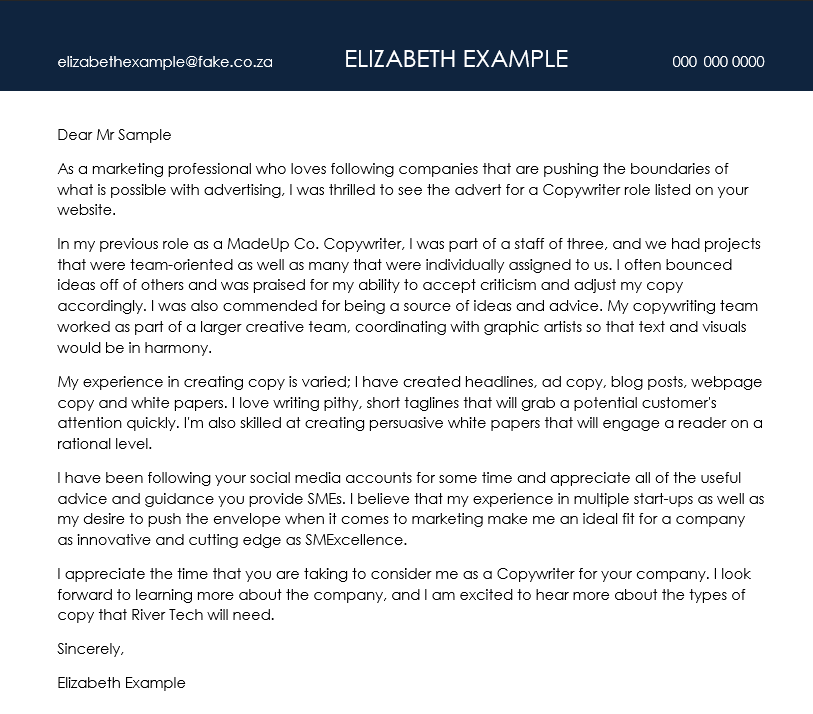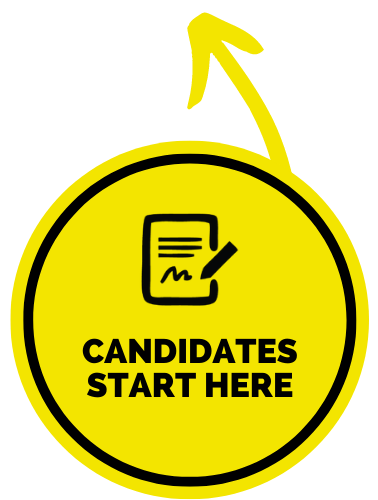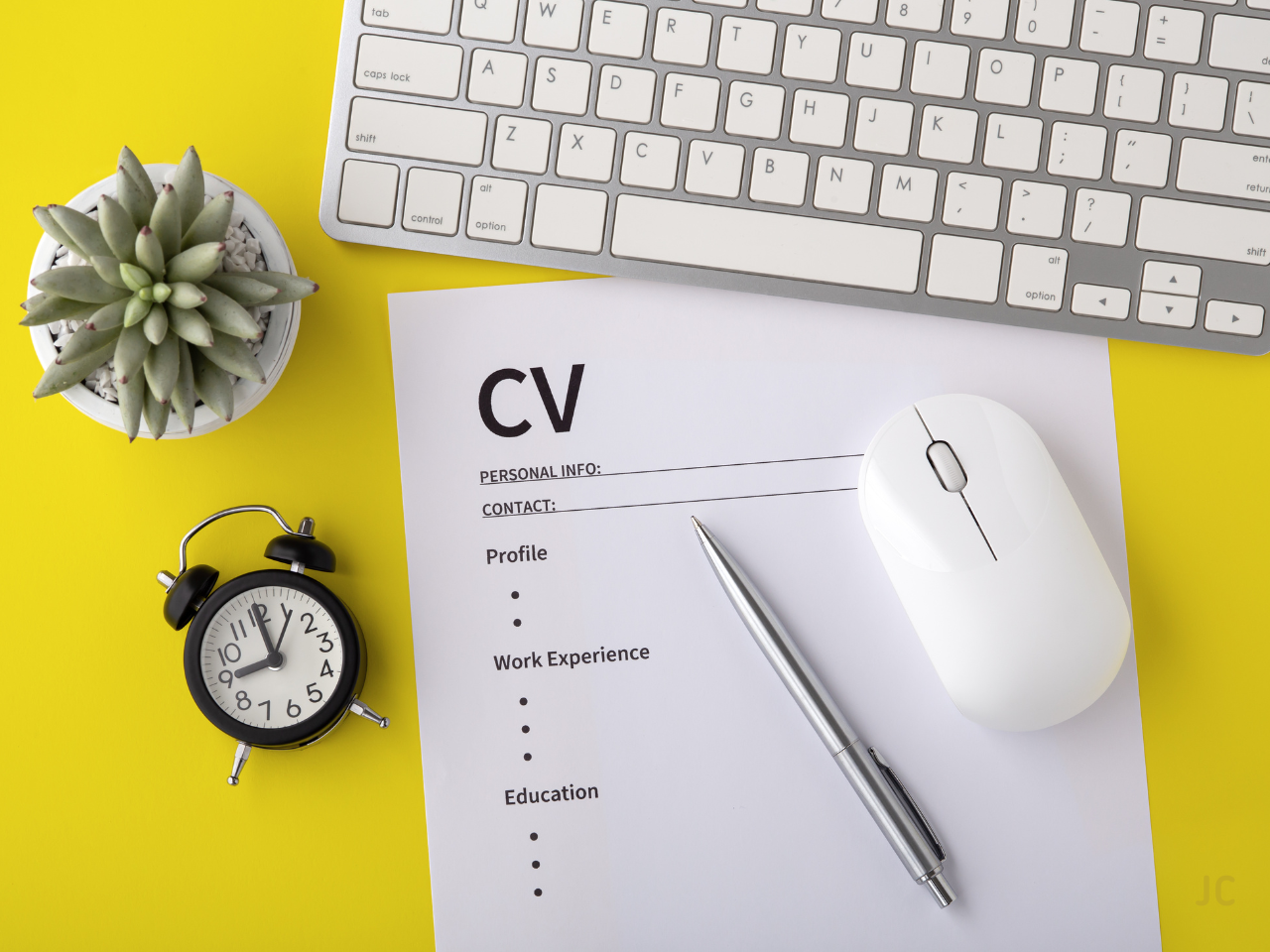
If you’ve been on the job market for any amount of time, you’ve probably encountered job adverts that ask you to send a cover letter. But why are they necessary, when are they necessary, and how do you write an effective one? Here is a quick guide:
Why are cover letters helpful?
Cover letters:
- Help you sell your skills and give you a chance to explain in more detail why you’re a good fit for the role you’re applying for
- Show the recruiter or hiring manager that you’re serious about the role and the company
- Allow you to highlight your strongest qualifications
- Let you enhance your CV by adding info not on it or elaborating on things only briefly touched on
When SHOULD I send a cover letter?
- If it’s specifically requested in the job advert
- To explain gaps in your employment
- Including extra info
- Motivating your desire and suitability for the role
- Explaining why you want to work for the company
When should I NOT send a cover letter?
- If there’s no option to upload one
- You don’t have the time to compose one (no cover letter is better than a rushed and unprofessional one)
- The hiring manager or recruiter has specifically requested you don’t send one
How do I write a good cover letter?
Keep it relevant
All cover letters should include
- A header with your contact info
- A greeting to the hiring manager or recruiter (by name, if possible)
- A catchy opening paragraph that includes your job title how you found out about the role
- A section with 2-3 relevant career achievements
- A paragraph where you explain why you’re a good match for the job
- A paragraph where you explain why you’re a good fit for the company
- Formal closing
Only include info that pertains to how you are qualified for the role or how you would be a good fit for the company you are applying for. If there are significant gaps in your CV, you can briefly explain these, but don’t overload your cover letter with too much information.
Keep it short
People have a finite amount of time in the day and short attention spans. Make sure that your cover letter is one page at the most with a maximum of 5 paragraphs. The more concise and curated your cover letter is, the more relevant it will be.
Don’t just rehash your CV
If you’re just adding all the information on your CV again, you’re wasting an opportunity to motivate your fit for the role. While it’s good to highlight your relevant qualifications and skills, use your cover letter to highlight some of your personality too.
Explain why you’re excited to apply for a role with that company in particular, especially if you’ve researched the company and have an idea of what the company culture is. Explain what you can bring to the role beyond your hard skills. Briefly talk about some of your interests and activities outside of the workplace and how these will help you in your current role. Your cover letter is an opportunity to humanise your application and give the recruiter or hiring manager an opportunity to see how you would work for the role in more than just your skill set.
Keep it neat and professional
If possible, use a similar format to your CV. Failing that, at least use the same font and colours. This will make both documents look uniform and help them compliment each other. Use a professional tone and make sure to edit it thoroughly. Read it out loud to help catch any mistakes. Give it to someone you trust to catch mistakes you may have missed. Give yourself the best chance you can at making a great first impression.
Here’s an example of an effective cover letter:

In summary:
Cover letters are an opportunity to give the recruiter or hiring manager a better idea of who you are as a candidate. By including information relevant to the role, highlighting some of your personality, and motivating why you’re a good fit for the role and company, you can enhance your application and give yourself the best chance of securing an interview.









